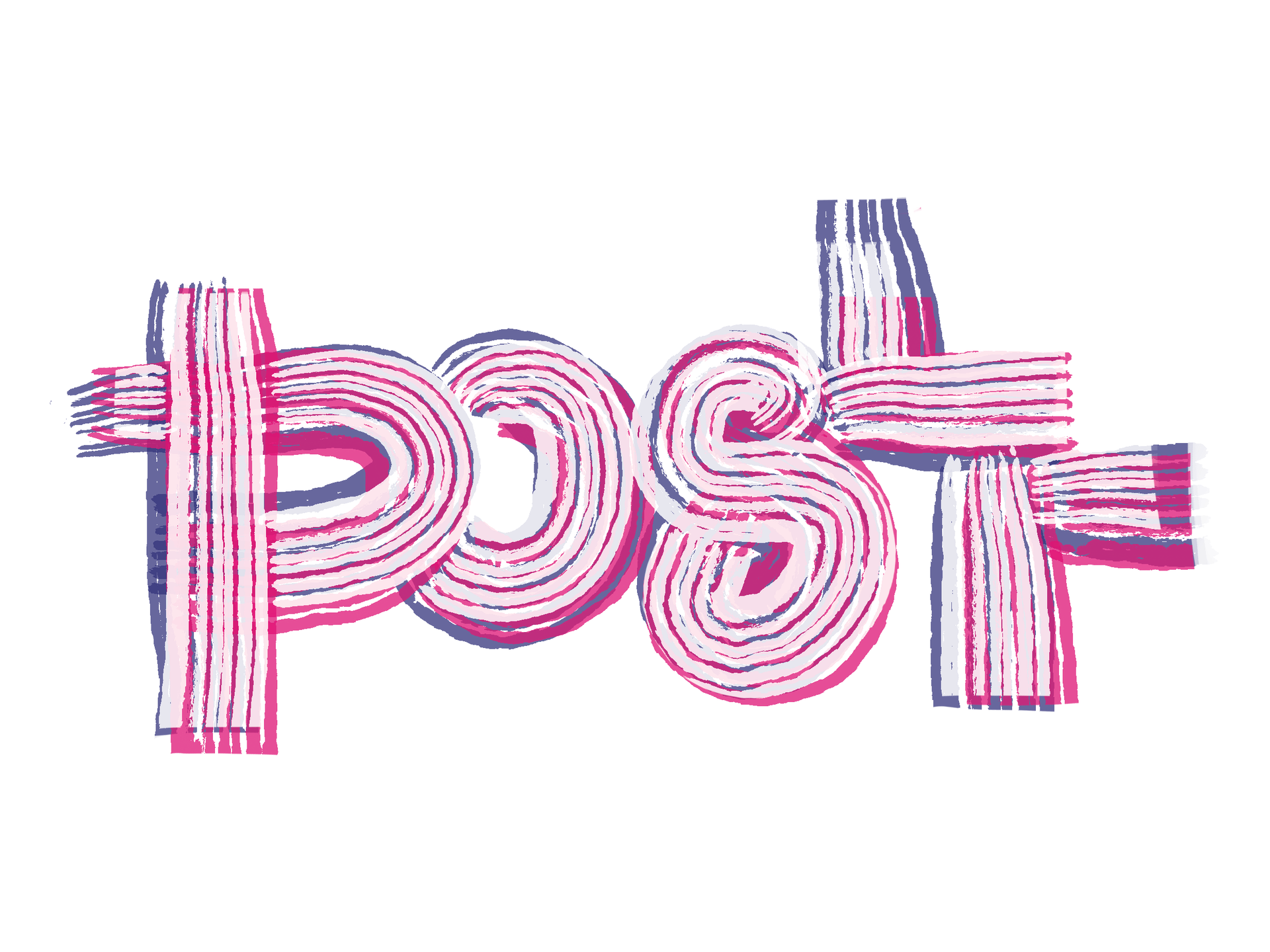I sit in the passenger seat. My mother holds the wheel with both hands, staring ahead at the gray road under a gray sky. I know, without looking up from the electric-blue kickboxing wraps I twine around my knuckles, from the accelerations and decelerations of the car, which stoplight we’re approaching. We’ve just passed the strip with Round Table Pizza and Subway and we’re coming up on the freeway entrance. I weave a wrap between my pinky and ring finger, then over the back of my hand. Muscle memory has kicked in. I don’t have to wind and then unwind and then rewind the wrap like a few weeks ago. I affix the Velcro tail to its other end on my wrist.
The car rolls forward at the green light. A low hum from the engine insulates the air. When she begins to speak, my mother’s voice doesn’t distinguish itself from the static. When she says, “My mother died,” I almost don’t notice. As though I’m twelve feet underwater, only made aware of a falling stone breaking the glassy surface from the ripples passing softly over me. I feel as though I ought to react, to find the stone and swim it back up to air.
“When?”
Her response passes somewhere close to my head. “Yesterday,” she maybe says, or perhaps, “Three days ago.”
The car carries us up the freeway ramp. In ten minutes, I’ll be punching the body-sized bag suspended from the ceiling.
“How did it happen?”
“Stevie found her. Maybe she was drinking. Maybe her heart.”
As our metal canister shuttles us onward over flat gray pavement, we gaze in parallel toward the horizon. The lanes converge to a point somewhere far ahead, as if all the cars in their obedient single-file lines will merge into one single atom. Inside my mouth is a thick, stuffy substance, and it expands down into my throat, lungs, stomach, toes. Maybe it’s my blood, turning to cotton. Or maybe it’s the accumulating volume of words too indistinct and nebulous to distill onto my tongue. My kickboxing bag shifts and thuds around on the car floor. A loose part of the windshield wiper rattles against the windshield.
I’ve let the stone sink. Its ripples are no more than fading imprints on my skin. My mother puts the car into park and says goodbye as I shut the door and round the corner into the kickboxing studio.
***
My parents leave for Maryland several days later. Their departure hardly ruffles the household: They pack quickly and lightly, and they speak minimally about airport logistics. My mother scrubs the counter and runs a laundry cycle to ensure relative cleanliness upon her return. My father wakes up early on the morning of the flight to go on a run. They double-check that I have a key and enough leftovers to last their absence. We slide in and out of embraces and then they wave and disappear into their ride to the airport.
While I microwave dinner at home, in Hagerstown, my mother crosses the threshold into her childhood home for the first time in 20 years. Hurrying about the living room are her brother, her sister, and her uncle and his partner. Open cardboard boxes litter the floor, filled to the brim with photographs and clothing and trinkets and art and letters and jewelry and kitchenware. Beside them are hulking black trash bags out of which are spilling the same hoard, in duplicates, in astonishing excess. Pat, the uncle’s partner, sorts materials into boxes or bags with machine-like ferocity. She lifts, examines, stows, each step allocated the same fragment of attention before steamrolling on to the next. The sister and uncle linger more, placing hands gently on each object in the hopes that a texture might trigger a recollection. The brother lingers longest. Clings to things. Allows them to be pried from his clawing fingers.
My mother’s engine turns on. She mobilizes, mechanizes. She upturns couch cushions and unearths single dollar bills that add up to hundreds, maybe thousands. She fills a trash bag, ties it off. Presses the folds of cardboard over jutting edges of books and picture frames. Reaches into a coat pocket, pulls out fistfuls of cigarettes and receipts and gum wrappers and notes scribbled onto the torn-off corners of newspaper pages. Pulls paintings off of walls. Shines a flashlight under her childhood bed. And boxes and boxes and bags and bags grow pregnant with the house’s decaying intestines.
My mother goes to sleep. The next morning, she and my father dress in black. He makes a coffee, and she takes a hurried sip. They step onto the premises of Rest Haven Funeral Home and Cemetery. Her brother, sister, uncle, and uncle’s partner form a semicircle into which she slots. A casket lowers into a hole. They all depart from the grounds together and disperse to their respective hotels.
My father arrives home a few days before my mother. In Hagerstown, she and her siblings divide boxes between themselves and sign documents regarding the estate.
She touches down in Los Angeles, emerges from the airport doors, identifies my father and me in the car, and she comes to us. I feel the thickness in my mouth again, and I choose to distract myself from it; I offer to play music. A sound soft and nonintrusive, that might distill some of those words that I could not before and cannot still—that might distill them into something resembling a sentiment.
The song seeping from the car speakers is liquid. I swim, for a moment, in its lilts and undulations, its cool washes. When I turn to my mother, she seems to float away on its low, slow waves. Distant as a raft on the horizon.





